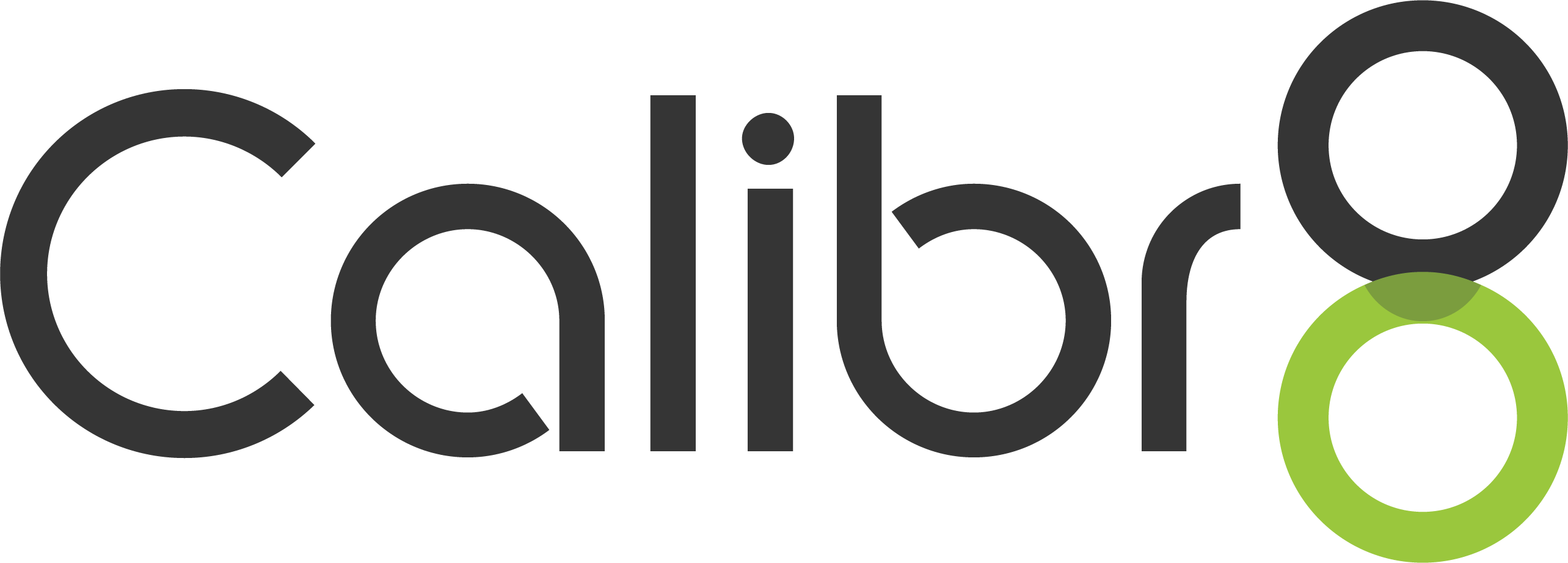Read time: 4 mins
Picture a diverse group of participants, each in the comfort of their own homes, engaging in a dynamic discussion about a new product concept. This scenario is becoming increasingly common as online focus groups revolutionize market research, offering unprecedented flexibility, cost savings, and access to a wider range of participants. By leveraging the power of the internet, researchers can gain deeper insights into consumer behaviour and preferences.
Advantages of Online Focus Groups
Online focus groups offer numerous benefits. They provide access to a global pool of participants, making it easier to reach diverse demographics. Cost savings are significant, as there’s no need for travel or venue rental. The convenience for participants often results in higher engagement and richer feedback. Additionally, these types of focus group allow for real-time data collection and analysis, enabling quicker insights.
Types of Online Focus Groups
There are several types of these types of focus groups. Text-based groups involve participants typing their responses in real-time or asynchronously. Video-based groups use platforms like Zoom to facilitate live discussions, closely mirroring traditional focus groups. Hybrid models combine both text and video, offering flexibility in how participants engage. Each type has its unique strengths, making them suitable for different research objectives.
Choosing the Right Participants
Selecting the right participants is crucial for the success of an online focus group. Researchers should define clear criteria based on the study’s objectives, including demographics, psychographics, and behavioural characteristics. Recruitment can be facilitated through social media, email lists, or online panels. Ensuring a representative sample helps in obtaining accurate and actionable insights.
Setting Up and Conducting an Online Focus Group
Setting up an this kind of focus group involves several steps. First, choose a reliable platform that supports your preferred type of focus group. Next, create a discussion guide with open-ended questions to steer the conversation. During the session, moderators should encourage participation while keeping the discussion on track. Recording the session ensures all data is captured for later analysis.
Analyzing and Interpreting Data
Data analysis in online focus groups involves transcribing discussions, coding responses, and identifying themes. Advanced tools can assist in this process, making it easier to manage large volumes of data. Researchers should look for patterns and insights that address the research questions. Combining qualitative feedback with quantitative data can provide a more comprehensive understanding of consumer attitudes.
Best Practices for Successful Online Focus Groups
To ensure success, follow these best practices: prepare thoroughly by testing your technology and briefing participants; maintain participant engagement through interactive elements; and ensure confidentiality to foster open communication. Additionally, using skilled moderators who can navigate the online environment and manage group dynamics is essential.
Limitations and Challenges
Despite their advantages, online focus groups come with challenges. Technical issues can disrupt sessions, and some participants may find the online format less engaging than face-to-face interactions. There’s also the risk of non-verbal cues being missed in text-based groups. Mitigating these challenges requires thorough preparation, robust technology, and skilled moderation.
Conclusion: Harnessing the Power of Online Focus Groups for Market Research Success
Online focus groups are a powerful tool for market researchers, offering flexibility, cost savings, and access to a diverse participant pool. The Logit Group can assist with navigating the complexities of these types of focus groups, providing expertise and resources to maximize the benefits of this research method. Are you ready to harness the power of online focus groups for your next market research project?
FAQs
Ensuring data reliability and validity in focus groups involves several strategies. Firstly, researchers should use a structured discussion guide to maintain consistency across sessions. Secondly, employing skilled moderators helps ensure that discussions stay on topic and that all participants are heard. Thirdly, triangulating data by combining focus group findings with other research methods, such as surveys or one-on-one interviews, can enhance validity. Finally, using advanced analysis tools to systematically code and analyze the data ensures thorough and accurate interpretation of the results.
To ensure participant engagement, researchers should incorporate interactive elements such as polls and breakout rooms. Keeping the discussion dynamic and relevant to participants’ interests is key. Providing clear instructions and setting expectations beforehand also helps. Engaging and experienced moderators play a critical role in maintaining participant interest and steering productive discussions.
Common technical issues include connectivity problems, audio or video malfunctions, and software glitches. These can be mitigated by conducting a thorough technical check before the session, providing participants with a troubleshooting guide, and having technical support available during the focus group. Recording sessions ensures no data is lost if issues arise during live discussions.
Have a project that you’re looking to field?
Logit can help. Simply fill out our quote form and a Logit Group team member will be in contact with you shortly. Get a quote today.








